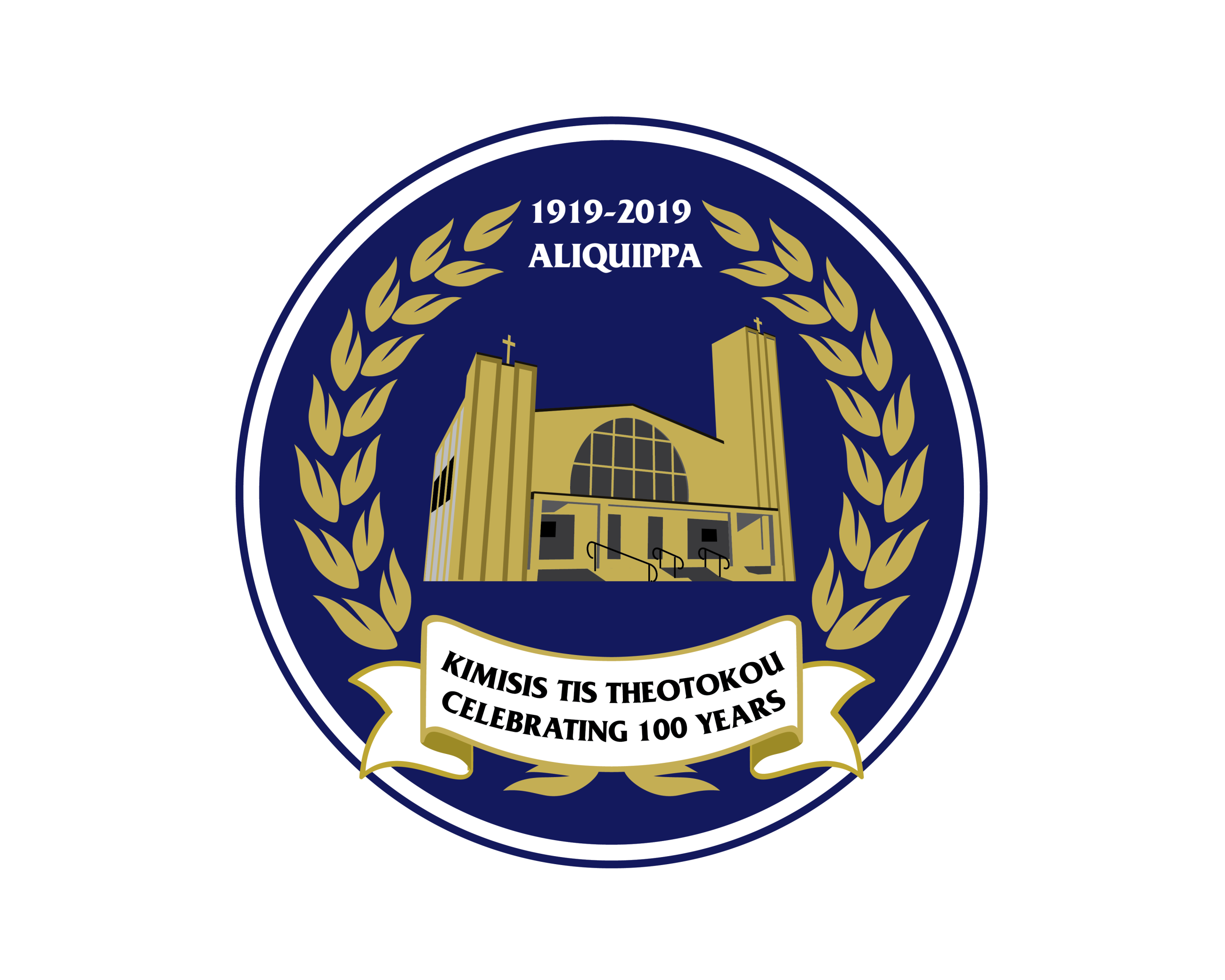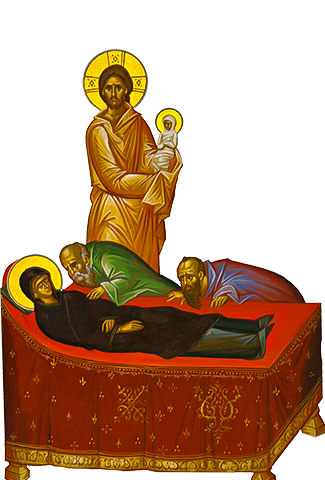Congregational Singing
A note on congregational singing by Dr. Nikolaos Giannoukakis:
In the early church (up until the 4th century CE) almost all the hymns were entire Psalms (of David), Old Testament hymns, or “Christianized” derivations of verses from the Psalms. St. John Chrysostom emphasized that the Psalms of David should be at the heart of hymnodic worship and so, the early Christians sang together, in one voice, these Psalms. As the services became greater in number, length, and complexity, communal singing became difficult, and therefore the role of singing was delegated to one or a small group of CHANTOR(S) who spent many years learning the more complex musical and hymnodic settings. The CHANTOR(S) represent the people and, under ideal conditions, inspire the people in their prayer during the services.
The Holy Liturgy presents the best opportunity to go back in time, and involve the congregation actively, to sing together. The most appropriate time for congregational singing is the first part of the Holy Liturgy, where the congregation can respond to the petitions in a simple melodic manner, and where the congregation, as was done in the first four centuries of Christianity, can musically respond to the verses of Psalms. In the linked pdf below, the responses to the petitions, the responses to the Psalmic verses, the Thrice-Holy hymn (The “Trisagios Ymnos”, commonly known as the "Holy God"), and the Apolytikion of our Church; that of the Dormition of the Theotokos (think of it as the anthem of our parish) are presented for you to sing along with our chantors.
Click HERE to see the PDF document which contains the explanations and the written music!
The music shown is written in both western staff notation and very simple elementary Byzantine music notation.
Below are the Recordings for the first part of the Divine Liturgy by Dr. Nikolaos Giannoukakis:
-
Responses to the Petitions Lord have mercy
-
Antiphon 1 Through the intercessions of the Theotokos
-
Antiphon 2 Save us o Son of God
-
Only Begotten Son (In English)
-
Apolytikion of the Dormition (In Greek)
-
Apolytikion of the Dormition (In English)
-
Trisagion Hymn (Holy God)

